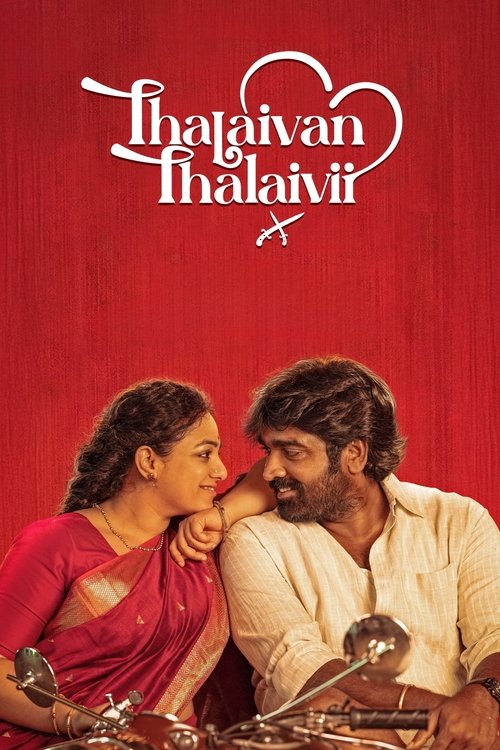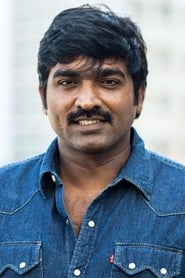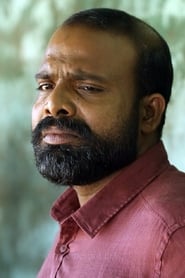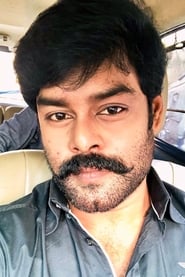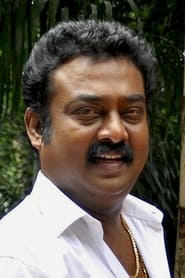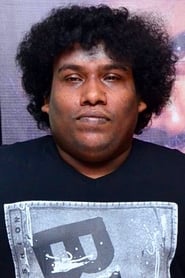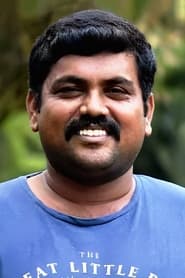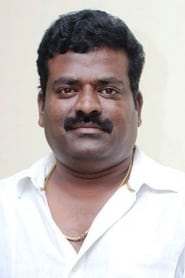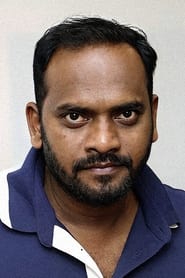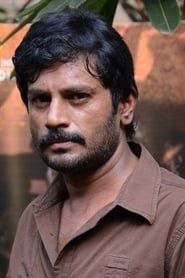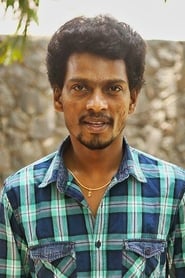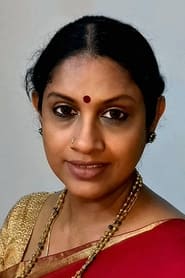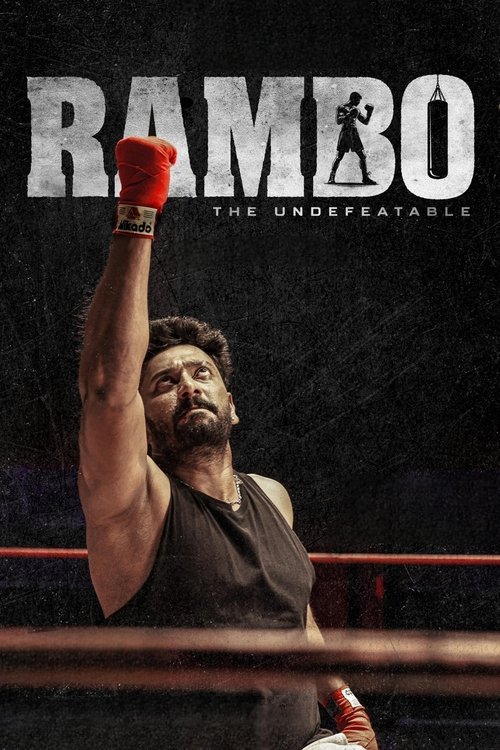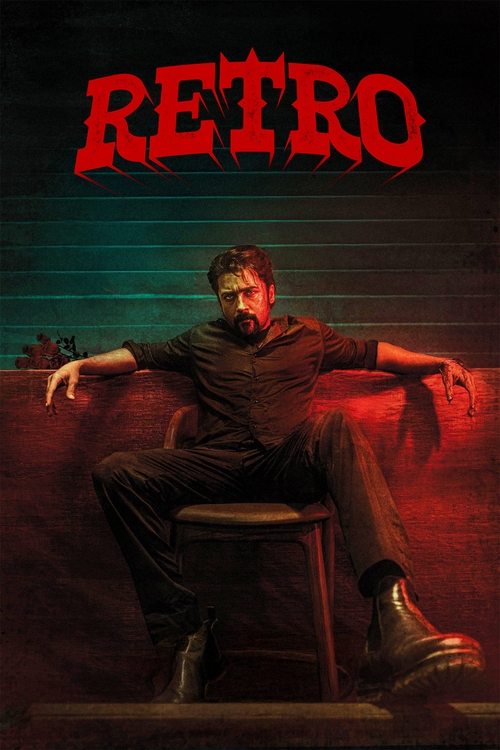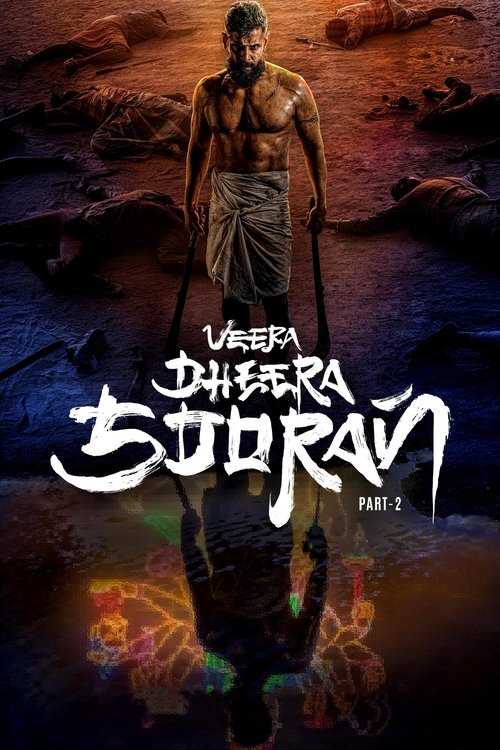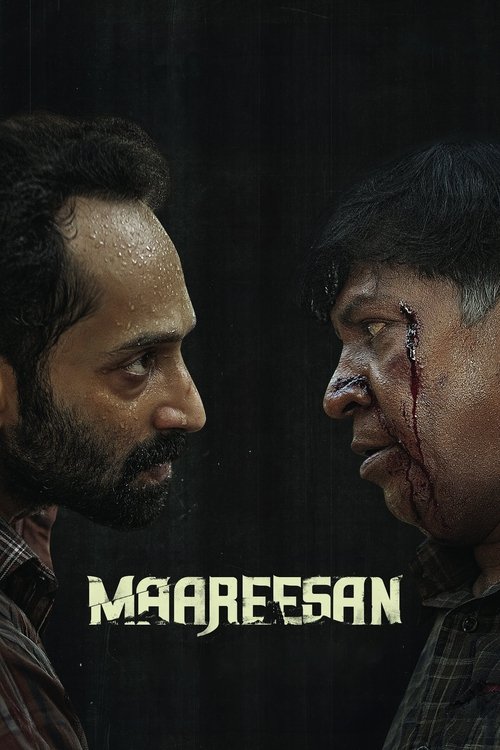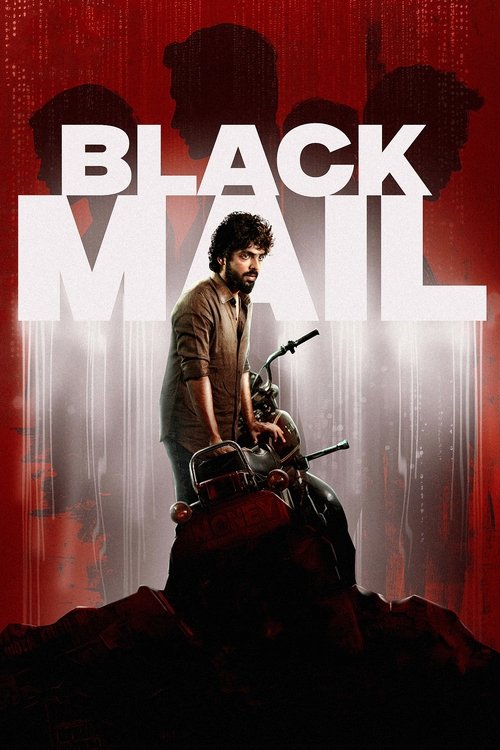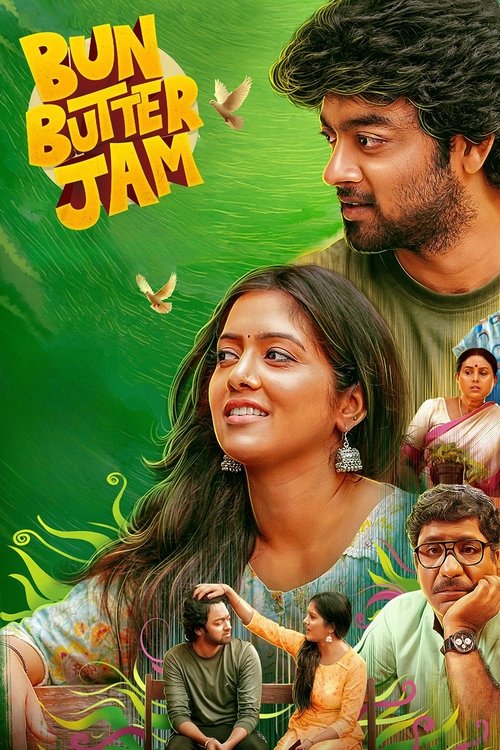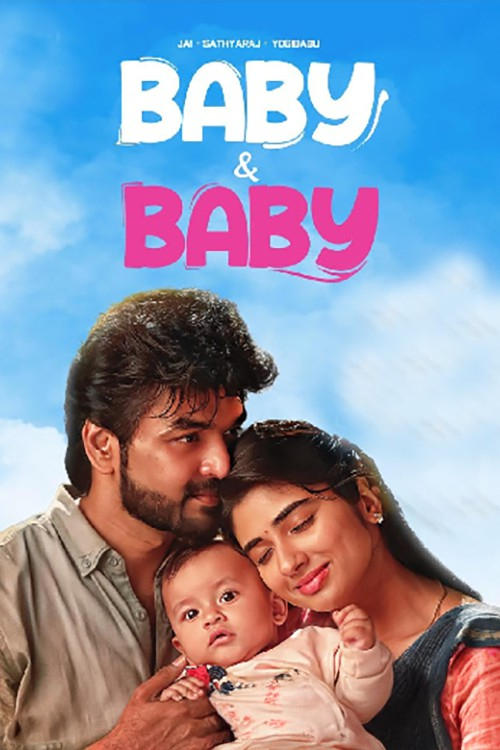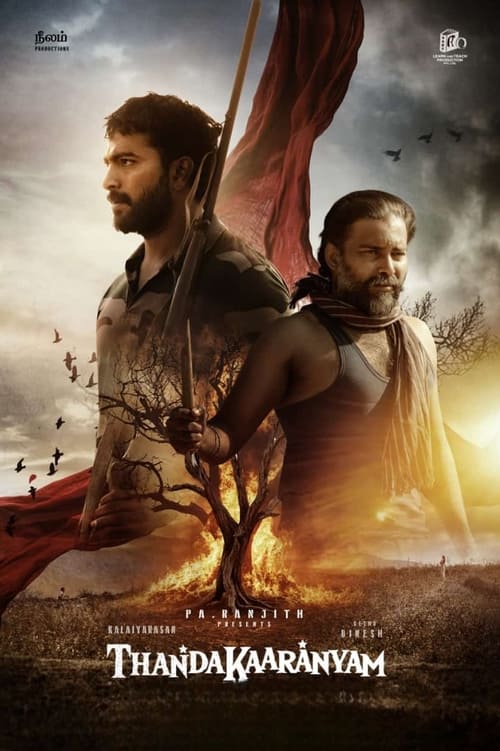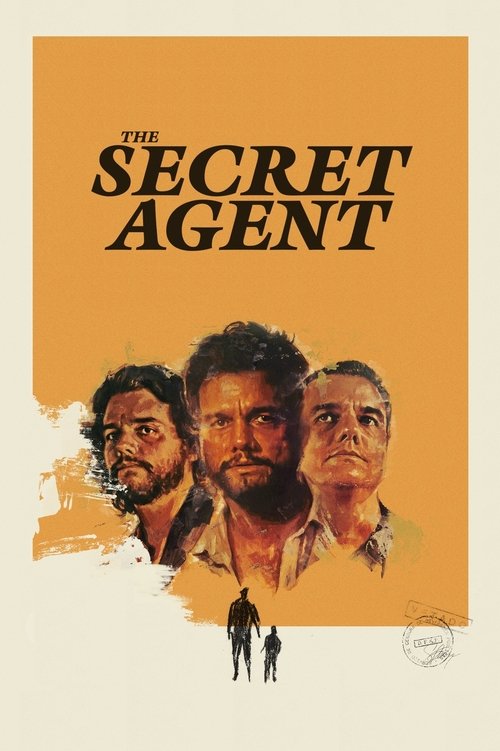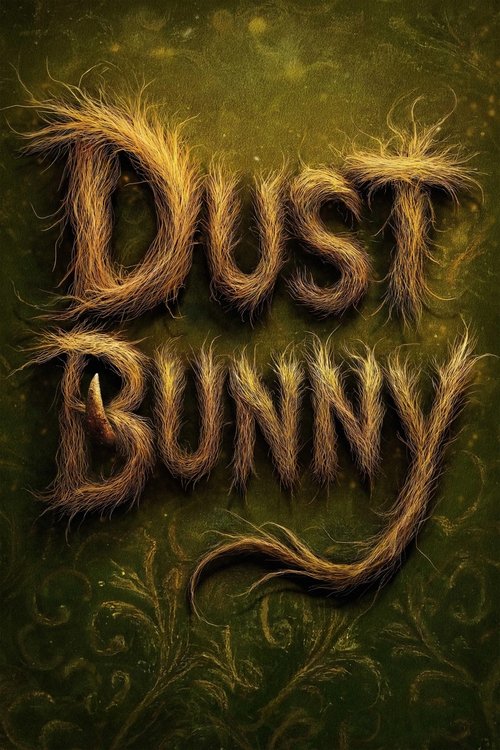
Ask Your Own Question
What is the plot?
The film opens in a bustling roadside eatery run by Aagasaveeran and his family, where he lives a simple life. Aagasaveeran is engaged to Arasi, affectionately called Perarasi, a well-educated woman holding double degrees. Their families have agreed to the match, and Perarasi develops affection for Aagasaveeran, bonding over their shared love for food and cooking. However, the harmony is disrupted when Perarasi's brother, Porchelvan, uncovers a troubling past: Aagasaveeran's family has a history of rowdyism, and Aagasaveeran himself lacks the graduation credentials his mother, Pottu, had claimed. This revelation causes Perarasi's family to withdraw their approval, calling off the marriage.
Despite the opposition, Aagasaveeran's father, Sembaiyya, meets with Perarasi's father, Arasaangam, and Porchelvan, assuring them that his family has reformed and now leads a peaceful life. Yet, Perarasi's family remains steadfast in their refusal. On the eve of Diwali, Aagasaveeran visits Perarasi's home to seek clarity about their marriage. Facing hostility and even an attack by Porchelvan's henchmen, Aagasaveeran boldly takes Perarasi with him and marries her in the presence of his family. This act severs Perarasi's ties with her family, though months later, Arasaangam forgives her, and the family reconciles.
Three months into their marriage, Perarasi begins to integrate with her in-laws. Sembaiyya entrusts her with the cash counter of their expanding hotel business, a role previously held by Pottu, which initially humiliates Perarasi. The eatery grows into a hotel named "Perarasi Hotel," a gesture that sparks jealousy in Aagasaveeran's sister, Ragavarthini. In retaliation, Ragavarthini seizes control of the cash counter, demoting Perarasi to menial tasks like serving and cleaning tables. Despite these hardships, Perarasi perseveres, motivated by her love for Aagasaveeran. Pottu further burdens her with cooking, washing vessels, and other chores. Aagasaveeran, unable to confront his family directly, encourages Perarasi to endure and assists her with the workload.
Meanwhile, Perarasi's mother, Aavarnam, manipulates her daughter, urging her to separate from her in-laws, convinced that a separate life would bring happiness. This interference leads to frequent quarrels between the couple, with Perarasi often returning to her parents' home. Each time, Aagasaveeran pleads for her return, and Perarasi forgives him, attributing the conflicts to his mother and sister.
As time passes, Perarasi becomes pregnant, and Aagasaveeran lavishly celebrates her baby shower. However, tensions escalate when Perarasi discovers that Pottu is secretly arranging Aagasaveeran's marriage to his cousin, Azhagi, without his knowledge. Alarmed, Perarasi informs her brother Porchelvan, which intensifies the conflict between Perarasi, Ragavarthini, and Pottu. Perarasi's suspicions about Aagasaveeran's relationship with Azhagi provoke a violent outburst from him. In a moment of despair, Aagasaveeran attempts suicide by jumping into a well but is rescued after several hours.
Meanwhile, Porchelvan and his men attack Aagasaveeran's family, brutally beating them and abducting Perarasi and their toddler daughter, Magizhini. Aagasaveeran attempts to retaliate, but Porchelvan escapes and leverages his connection with Inspector Chithra Krishnan to file a false complaint accusing Aagasaveeran's family of abusing Perarasi. With Chithra Krishnan's support, Porchelvan succeeds in permanently separating the couple. Both Aagasaveeran and Perarasi, heartbroken, visit temples and perform rituals individually, hoping for reconciliation.
The narrative converges at the Thoondi Karuppusamy temple, a family deity shrine for Aagasaveeran. Perarasi, her parents, and Magizhini arrive for the toddler's head tonsuring ceremony, unbeknownst to Aagasaveeran. Intent on reclaiming his daughter, Aagasaveeran interrupts the ceremony, assaulting the barber Soman. The situation escalates when Perarasi's paternal uncle brandishes a hidden gun, which accidentally falls into the hands of Amarasigamani's son, a distant relative of Aagasaveeran who had come to the temple for his own son's birthday. Aagasaveeran's younger brother joins the fray, clashing with Arasaangam, Perarasi's father.
At the temple, a petty thief named Chithirai Kumar, sought by Inspector Parivendhan for a recent theft, is also present. A drunken man named Poonganagar Kumar inadvertently informs Parivendhan about the escalating fight, prompting the inspector to intervene. Soman, the beaten barber, seeks help from his union and his intoxicated relatives. Pottu appeals to the local MLA to mediate the family dispute, leading to village officials being assigned to resolve the conflict.
Perarasi requests a divorce from Aagasaveeran, and her relatives demand the return of her jewels before finalizing the separation. Ragavarthini's husband, Nagappaambu, arrives with the divorce papers and the pawned jewels. Aagasaveeran desires reconciliation, but both families remain determined to keep the couple apart. Amarasigamani intervenes, sharing his own experience with a sister's troubled marriage, urging the couple to reunite.
Tensions flare again when Porchelvan's goons arrive, and Aagasaveeran violently confronts Porchelvan to avenge his family's earlier assault. Nagappaambu insists that both parties sign the divorce papers, revealing that Ragavarthini's jealousy and feelings of neglect contributed to the marital strife. As the divorce papers are about to be signed, Pottu experiences a change of heart, realizing she cannot bear separation from her granddaughter Magizhini. She pleads with Aagasaveeran not to sign, but he proceeds, citing the ongoing interference from both mothers-in-law.
In a dramatic turn, Pottu takes Magizhini and flees in an auto-rickshaw, with Aagasaveeran and Perarasi following. Porchelvan pursues them, leading to a confrontation where Aagasaveeran and his brother fight off Porchelvan's henchmen. Perarasi intervenes to stop the violence, and Arasaangam steps in to prevent Porchelvan's friend from attacking Aagasaveeran. It is revealed that this friend had harbored lustful intentions toward Perarasi and had spread false rumors about Aagasaveeran's family to sabotage the marriage.
Arasaangam admits that he had secretly arranged for Aagasaveeran to attend the head tonsuring ceremony with the help of Logu, a cab driver. He reprimands his wife Aavarnam for manipulating Perarasi against her in-laws. Porchelvan, recognizing his friend's true motives, appears to relent in his hostility toward Aagasaveeran, though underlying tensions linger. Pottu clarifies that Azhagi is actually the bride for Aagasaveeran's younger brother, dispelling Perarasi's earlier misconceptions.
Aagasaveeran apologizes to Soman for the earlier assault and compensates Soman's drunken relatives to pacify them. Inspector Parivendhan arrives at the scene to find the families reconciled and at peace.
Later, Amarasigamani observes both families united and celebrating at Aagasaveeran's hotel. Despite the apparent harmony, it is revealed that Aagasaveeran and Perarasi eventually divorce, only to reunite the very next day. Their tumultuous relationship, marked by love, conflict, separation, and reunion, continues to unfold, witnessed by Chithirai and Amarasigamani's family.
Throughout the film, the story interweaves moments of levity and intense emotion, portraying the complexities of marriage, family interference, and personal pride. The narrative explores how external influences and misunderstandings strain the bond between Aagasaveeran and Perarasi, yet their deep affection repeatedly draws them back together. The film closes on this note of unresolved but enduring love, emphasizing the cyclical nature of their relationship amid the backdrop of familial and societal pressures.
What is the ending?
At the end of Thalaivan Thalaivii (2025), the married couple Aagasaveeran and Perarasi face severe family conflicts that lead to their separation. Perarasi is taken away by her brother Porchelvan after violent confrontations, and Aagasaveeran is falsely accused of abuse. Despite their separation, both perform rituals hoping for reunion, leaving their fate open but filled with longing for reconciliation.
The ending unfolds with Perarasi pregnant and Aagasaveeran celebrating her baby shower lavishly. However, Perarasi discovers that Pottu, a family member, is secretly arranging Aagasaveeran's marriage to his cousin Azhagi without his knowledge. Perarasi informs her brother Porchelvan, escalating tensions among Perarasi, her sister Ragavarthini, and Pottu.
Aagasaveeran grows suspicious of Perarasi's relationship with Azhagi, leading to a violent outburst. In a moment of despair, Aagasaveeran attempts suicide by jumping into a well but is rescued after several hours. Meanwhile, Porchelvan and his men attack Aagasaveeran's family, brutally beating them and forcibly taking Perarasi and their toddler away.
Aagasaveeran tries to retaliate, but Porchelvan escapes and manipulates Inspector Chithra Krishnan to file a false complaint against Aagasaveeran's family, accusing them of abusing Perarasi. With the inspector's support, Porchelvan ensures that Perarasi and Aagasaveeran are permanently separated.
In the final scenes, both Aagasaveeran and Perarasi are shown visiting temples and performing rituals individually, each hoping for their reunion. The film closes on this note of separation and yearning, with no immediate resolution to their conflict.
Fate of main characters at the end:
- Aagasaveeran: Emotionally shattered, he survives his suicide attempt and is left separated from his wife and child, falsely accused and isolated.
- Perarasi: Taken away by her brother, she is separated from her husband and child, caught in family conflicts and legal manipulations.
- Porchelvan: Perarasi's brother, who orchestrates the separation and uses legal means to keep the couple apart.
- Pottu and Azhagi: Involved in the secret marriage plans that trigger the conflict but their ultimate fate is not detailed at the end.
The ending highlights the destructive impact of family interference and misunderstandings on a deeply in-love couple, leaving their reunion uncertain but emotionally charged.
Is there a post-credit scene?
Yes, the movie Thalaivan Thalaivii (2025) has a post-credit scene. It is described as humorous and worth watching, adding a lighthearted touch after the main story ends.
The post-credit scene continues the film's theme of the complicated relationship between the lead characters Aagasaveeran and Perarasi. Despite their ongoing cycle of fights and even divorce, the scene humorously shows their reunion, emphasizing their love-hate dynamic and the cyclical nature of their relationship. This scene provides a comedic closure to the story, reinforcing the film's portrayal of family and marital conflicts with a playful tone.
What causes the major conflict between Aagasaveeran and Perarasi in the movie Thalaivan Thalaivii?
The major conflict arises when Perarasi discovers that Pottu, a family member, is secretly planning Aagasaveeran's marriage to his cousin Azhagi without his knowledge. This leads to tensions between Perarasi, Ragavarthini, and Pottu, and causes Aagasaveeran to have a violent outburst. Subsequently, Perarasi's brother Porchelvan intervenes violently, separating the couple and escalating family discord that drives the plot's central conflict.
How does the character Porchelvan influence the plot and the relationship between Aagasaveeran and Perarasi?
Porchelvan, Perarasi's brother, plays a pivotal role by violently attacking Aagasaveeran's family, taking Perarasi and their toddler away, and using Inspector Chithra Krishnan to file a false complaint against Aagasaveeran's family. His actions permanently separate the couple and intensify the family feud, making him a key antagonist in the story.
What role does the character Yogi Babu play in Thalaivan Thalaivii, and how does his presence affect the story?
Yogi Babu plays Chithirai, a local petty thief who provides comic relief and witty one-liners throughout the film. He is present during key scenes such as the temple ceremony and offers a cheeky commentary on the unconventional and quarrelsome relationship between Aagasaveeran and Perarasi, adding levity to the otherwise intense family drama.
How is Perarasi's character portrayed in terms of agency and her response to family conflicts?
Perarasi is portrayed as a double degree graduate with some agency, believing in winning arguments with silence. However, despite her intelligence, she often resorts to shouting and is influenced by her family, especially her mother, which contributes to the ongoing conflicts. Her stance is complex, as she struggles between asserting herself and being drawn back into the troubled marriage, reflecting the film's depiction of familial and marital tensions.
What are the key events that lead to Aagasaveeran's attempted suicide in the film?
Aagasaveeran attempts suicide by jumping into a well after a violent outburst triggered by Perarasi's doubts about his relationship with Azhagi. This moment follows escalating tensions within the family, misunderstandings, and betrayals, marking a critical emotional low point for his character before he is rescued hours later.
Is this family friendly?
The movie "Thalaivan Thalaivii" (2025) is not very family-friendly, especially for children or sensitive viewers, due to frequent loud and intense arguments between the lead couple, which can be emotionally taxing and stressful to watch. The film features repeated scenes of shouting, marital conflicts, and family tensions that may be upsetting or overwhelming for younger audiences or those sensitive to high emotional drama.
Potentially objectionable or upsetting aspects include:
- High-decibel shouting and loud fights between the husband and wife throughout the movie, which some viewers found tiring and irritating.
- Emotional and mental trauma depicted in the couple's relationship struggles, including family opposition and jealousy, which might be intense for children or sensitive viewers.
- Some forced action scenes and moments of heightened drama that may feel jarring or uncomfortable.
- The film's tone shifts between comedy, melodrama, and action, which might be confusing or unsettling for younger audiences.
There is no mention of explicit violence, sexual content, or strong language in the reviews, but the emotional intensity and loud conflicts are the main concerns for family viewing. The movie is more suited for adult audiences who can handle mature themes of marital and family discord.
Does the dog die?
In the 2025 Tamil film Thalaivan Thalaivii, there is no mention or indication that a dog dies. The plot summaries and reviews focus on the human characters, their relationships, and conflicts, without any reference to a dog or its fate. The available information about the movie's storyline centers on the romantic and family drama involving Aagasaveeran and Perarasi, with no subplot involving a dog's death.

